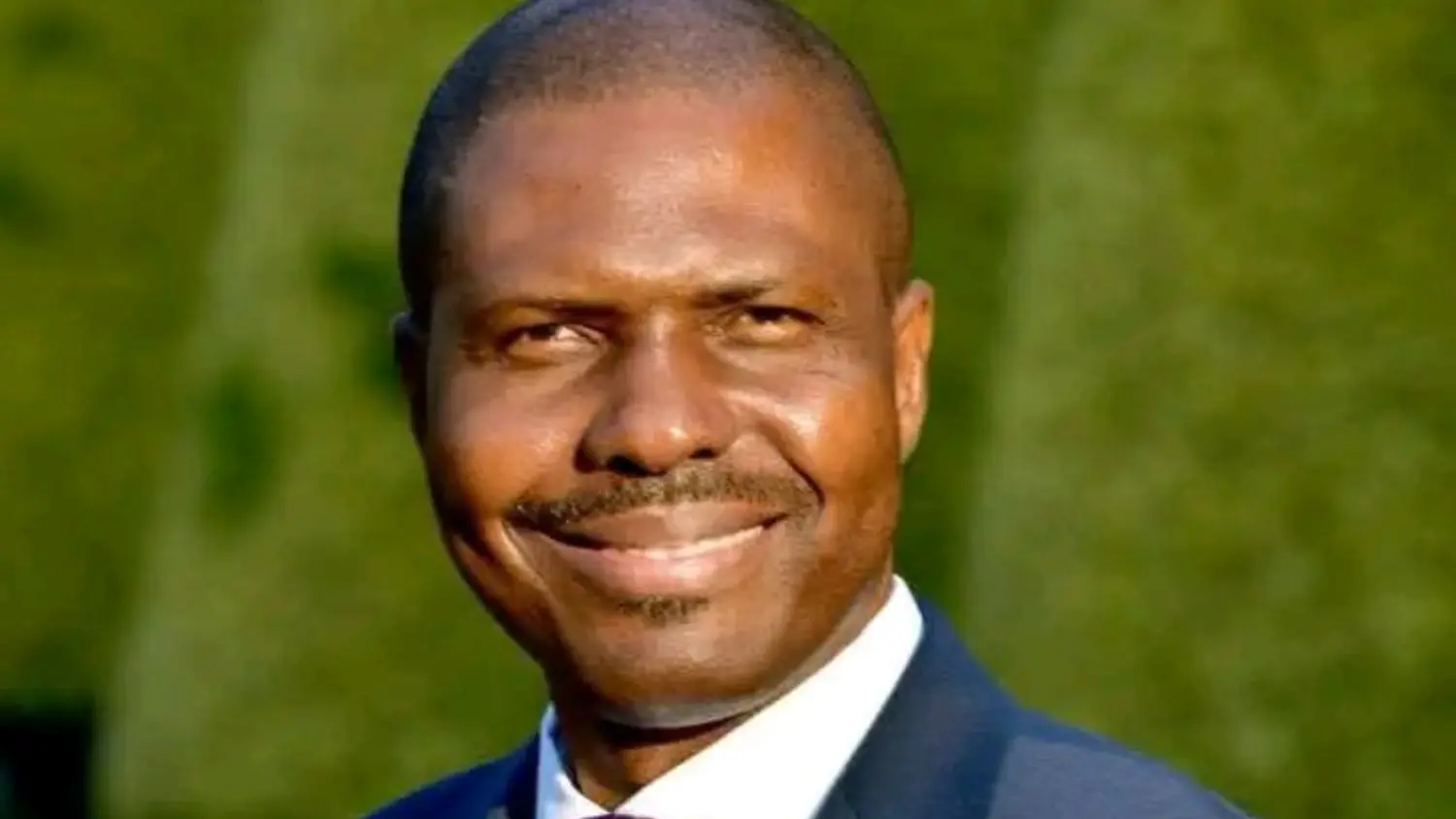Presidential 2026 in Benin: what are the chances for Daniel Edah?

On Thursday, May 29, 2025, Daniel Edah, former commissioner at ECOWAS and unsuccessful candidate in the 2016 presidential election, officially announced his candidacy for the presidential election of April 2026. In a speech full of humility and determination, he presents himself as the man of a collective project, that of a peaceful, industrialized, sovereign, and self-reconciled Benin. But beyond the sincerity of his words, a question arises. Does Daniel Edah have a real chance of overcoming the first hurdle – validating his candidacy – within the locked architecture of the current Beninese political system?
Since May 29, Daniel Edah has become the first to claim to run for the highest office at the end of the Talon era in Benin. But the first barrier is legal. Since the 2019 electoral reform, confirmed and strengthened in 2024, any presidential candidacy must now be backed by sponsorship. No less than 15% of deputies and mayors, from at least 3/5 of the legislative districts, must give their signature. This mechanism, officially implemented to avoid frivolous candidacies, actually operates as a relentless political filter. And for good reason, the presidential movement parties (UPR and BR) alone hold 81 of the 109 seats in the National Assembly and the overwhelming majority of the municipalities. The parliamentary opposition, meanwhile, is represented solely by Boni Yayi’s Les Démocrates party.
In this context, Daniel Edah, who belongs neither to the ruling movement nor to this structured opposition party, finds himself without an institutional base. To date, he does not have any elected allies capable of granting him the precious signatures. Yet he approaches this obstacle with clarity, calling on elected officials for “a citizen and republican sponsorship,” detached from partisan loyalties. “Sponsoring Daniel Edah’s candidacy is not supporting a man; it is choosing peace,” he declared, in an appeal that resonates as much as a cry of hope as an admission of weakness.
Daniel Edah’s political trajectory has always flirted with the margins. A doctor in anthropology, international civil servant, and activist for citizen engagement, he emerged in the Beninese political landscape in 2014 with the creation of the Movement for Shared Prosperity (MPS). In 2016, he launched into the presidential race under this banner. Result: he came out with 3,694 votes, or 0.12% of the votes cast.
Since then, he has not held any elective office or ministerial portfolio. Nevertheless, he continues to engage in public debate through moderate positions focused on economic sovereignty, national reconciliation, and good governance. He advocates for a local transformation economy, the protection of fundamental freedoms, and the establishment of a sincere political dialogue. His style, calm and rational, contrasts with the prevailing polarization. But at a time when political power is exercised with brutality and verticality, this profile of a moderate intellectual seems out of sync with the dominant dynamics.
Fragile Popularity, Diffuse Support
Can we talk about a popular stirring around his candidacy? On social media, his May 29 declaration elicited encouraging reactions, but nothing indicates that a massive movement is underway. The media reported the news, showing that he is the first candidate to officially declare. However, in a country where the media space is highly polarized, media visibility does not mean political legitimacy.
His supports remain vague. No significant party has endorsed him. Leading political figures are silent. Here and there, there is talk of groups of young people, members of civil society, and former allies.
But today, nothing constitutes an electoral base. Above all, there is no indication of any potential to negotiate sponsorship within the system, a sine qua non condition for officially entering the race.
Benin is now a controlled-geometry democracy. Since 2016, under the Talon regime, the political scene has been profoundly reshaped. Political parties have been merged, reorganized, and access to elections has been tightly regulated. Today, only three blocs truly structure the electoral field, namely the presidential movement (UPR and BR), Les Démocrates (institutional opposition), and a constellation of tolerated or marginalized micro-parties.
In this context, Daniel Edah positions himself as an alternative outside the Talon/Yayi divide. He refuses to fall into the game of insults. He speaks of national unity, republican continuity (he positively cites Soglo, Kérékou, Yayi, and Talon), and appeasement. This might be his main asset, but also his Achilles’ heel. For by wanting to embody a third path without a true base, he risks finding himself isolated, captive of his own neutrality.
The competition set for April 2026 promises to be tough. If President Talon remains firm in his promise not to run for a third term, his majority will designate a successor whose logistical, financial, and political resources will dwarf those of any independent candidate. On the opposition side, Boni Yayi could make a strong comeback or propel a new figure under the Les Démocrates banner. In this chessboard, Daniel Edah plays a quiet tune. His voice is calm, his project structured, but his power of attraction remains uncertain. He attempts the gamble of reason in a context where emotion, anger, or adherence to power reign supreme.

